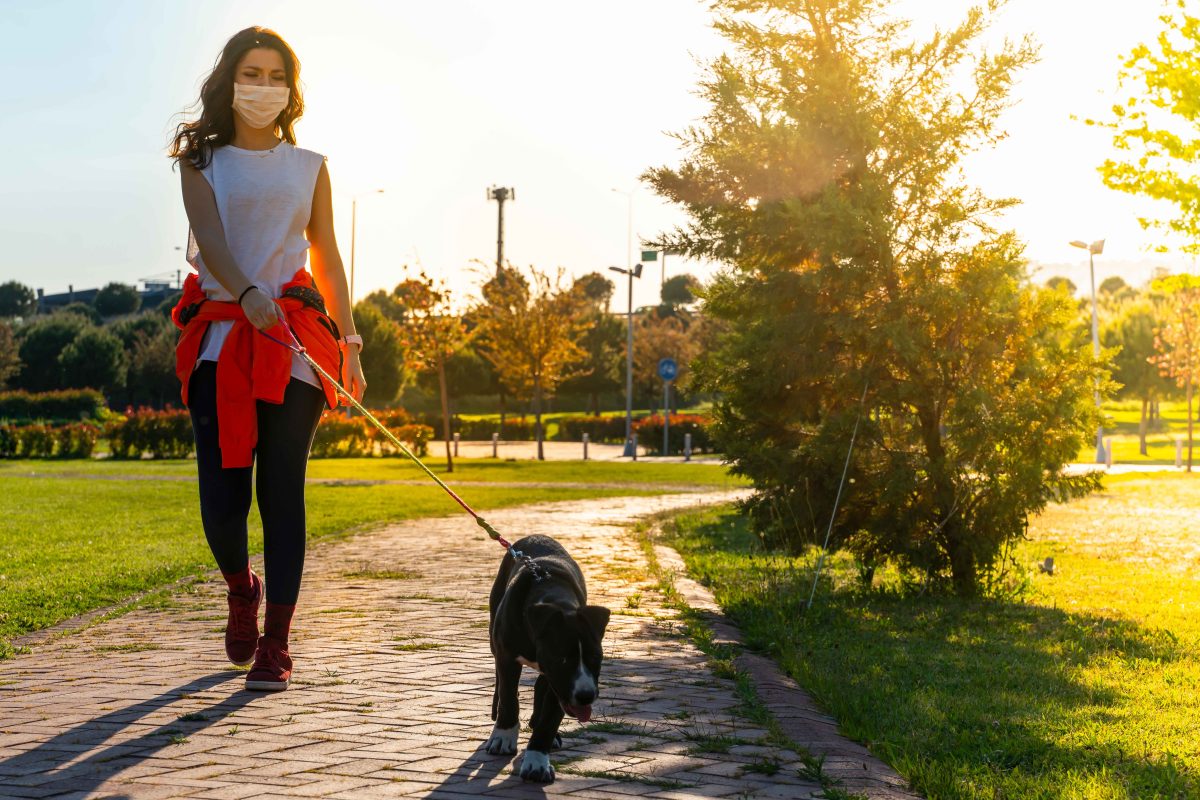In addition to the physical impact, we understand the feelings of uncertainty, worry and pain that the Coronavirus pandemic has caused our community. Therefore, we have invested in increasing our knowledge of the disease and its treatment so that we can support you more fully to be healthy, safe, and physically active.
Long Covid is a term used to describe the effects of COVID-19 beyond the initial illness. According to ONS, an estimated 1.1 million people in the UK are experiencing self-reported long Covid. It has been discovered that symptoms of Coronavirus can last between 4 weeks and, in some cases, over a year later. The symptoms can vary in severity; some people have reported that it has significantly limited their day to day activity. The length of time it takes to recover from long Covid can vary from person to person.
What are the symptoms of long Covid?
Common symptoms that may present themselves after the infection include:
- extreme tiredness (fatigue)
- shortness of breath
- chest pain or tightness
- problems with memory and concentration (“brain fog”)
- difficulty sleeping (insomnia)
- heart palpitations
- dizziness
- pins and needles
- joint pain
- depression and anxiety
- tinnitus, earaches
- feeling sick, diarrhoea, stomach aches and loss of appetite
- a high temperature, cough, headaches, sore throat, changes to sense of smell or taste
- rashes
You can read more about these Covid symptoms on the NHS website.
Despite the research being limited on Coronavirus and the impact of long Covid, the research thus far supports that being physically active can help to manage your symptoms. Results have shown a significant reduction in breathlessness and anxiety, as well as improved fitness levels.
Tips for managing your symptoms
If you are experiencing symptoms of long Covid, below are a few tips you can try to help you manage your symptoms better:
- pace yourself
- break down difficult tasks into smaller chunks
- do not stop doing something that makes you breathless
- take frequent short rests
- gradually increase the amount of exercise you do
- be kind to your body and appreciate it is recovering
- try flexibility stretches such as Yoga and Thai Chai to relieve muscle pain
- try strengthening exercises to relieve joint pain
For more advice on how to manage your symptoms, visit the British Heart Foundations website.
Our gym staff have recently completed a COVID-19 recovery and rehabilitation programme. The programme provided them with the skills needed to support you on your journey back to good health, both physically and emotionally. We are here to help you. Please contact us at activelifestyles@lleisure.co.uk for more information.




